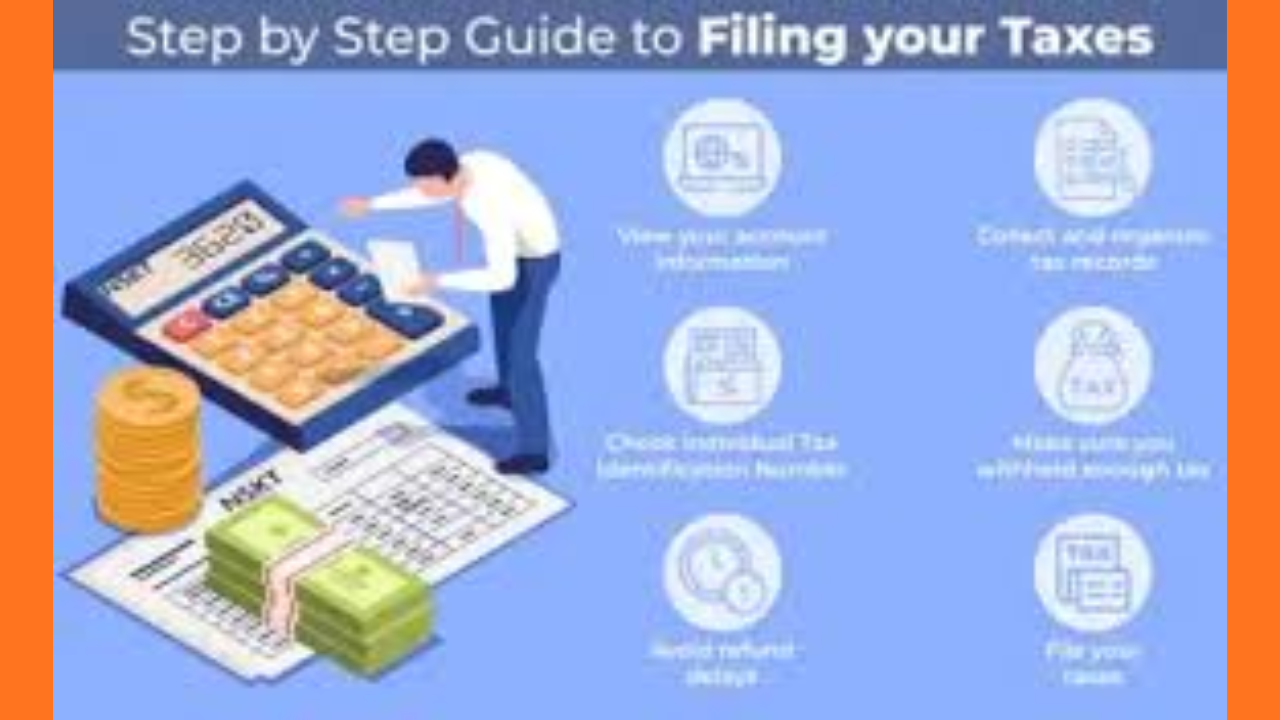Why Taxpayers are Pushing for an ITR Filing Deadline Extension
Thank you for reading this post, don't forget to subscribe!With the September 15, 2025, deadline for filing Income Tax Returns (ITR) for non-audit cases fast approaching, there’s a strong and widespread demand for an extension. This is despite the fact that the original July 31 deadline was already extended. The push for more time is coming from various professional bodies and trade associations, while the government and some experts are urging taxpayers to file without delay.
The Core Reasons for the Push
The primary arguments for extending the deadline revolve around technical and logistical challenges faced by taxpayers and tax professionals this year:
- Late Release of ITR Utilities: Several key forms and utilities were released with significant delays. For example, ITR-5, ITR-6, and ITR-7 utilities were only made available in August. This has left professionals with a severely compressed window to manage compliance for a large number of clients.
- Persistent Portal Glitches: Taxpayers and chartered accountants have reported ongoing technical issues with the e-filing portal, including login failures, validation errors, slow performance, and data mismatches in AIS/TIS/26AS forms. These glitches hinder the filing process and cause considerable stress.
- Overlapping Deadlines: Professionals are facing a backlog of work as the September 15 deadline for non-audit cases is followed closely by the September 30 deadline for tax audit reports. This back-to-back workload is seen as unrealistic without additional relief.
- New Compliance Requirements: The introduction of new formats and additional reporting requirements, such as the revised ICAI format for non-corporate entities, has increased the time and effort required for accurate filing.
The View from the Other Side
Not everyone believes an extension is justified. Some tax experts, like Dinkar Sharma, argue that the pace of filing is on par with previous years and that granting an extension would undermine timely compliance. The government, too, seems keen on maintaining discipline in tax administration to ensure a smooth schedule for assessments and refunds.
The Dangers of Procrastination
Experts and the Income Tax Department caution taxpayers against waiting for a last-minute extension. The risks of late filing are significant and can be costly:
- Financial Penalties: Filing after the September 15 deadline can result in a late fee of up to ₹5,000 under Section 234F. Additionally, interest at 1% per month is charged on any unpaid tax liability under Section 234A.
- Loss of Benefits: Late filers are unable to carry forward certain losses, such as capital gains or business income, to offset future profits. This can lead to a higher tax burden in subsequent years.
- Technical Issues: A last-minute rush to file can overwhelm the e-filing portal, leading to system slowdowns and technical errors, potentially causing submissions to be incomplete or delayed.
With millions of returns still pending, the debate continues. While the concerns of tax professionals regarding the late forms and glitches are valid, taxpayers are strongly advised to file their returns as soon as possible to avoid penalties and other serious consequences of delayed compliance.

















